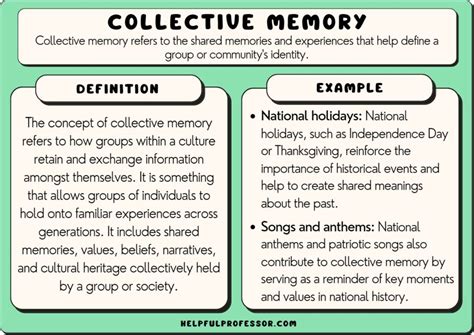Introduction

History, as a field of study, delves into the intricate web of past events, unraveling the threads that connect our present to our ancestors. Essays in history serve as an essential tool for scholars and students alike, providing a platform for exploring historical narratives, interrogating interpretations, and synthesizing diverse perspectives. By understanding how history is written and remembered, we gain invaluable insights into the shaping of collective memory and the construction of our collective identity.
Deconstructing Historical Narratives
Historical narratives are not mere objective accounts of the past but rather subjective interpretations influenced by the perspectives, biases, and societal contexts of the writers. Deconstructing historical narratives involves critically examining the sources used, the language employed, and the underlying assumptions that inform the narrative. By identifying these biases, we can gain a more nuanced understanding of the past and challenge dominant historical accounts.
For example, the traditional narrative of European colonialism often glorifies the “civilizing mission” of European powers. However, by deconstructing this narrative and examining sources from indigenous perspectives, we uncover a history of oppression, exploitation, and cultural erasure.
Interrogating Interpretations
History is not static but rather a dynamic field subject to constant reinterpretation. As new sources emerge, perspectives change, and societal values evolve, historical interpretations are bound to shift. Interrogating interpretations requires engaging with diverse viewpoints, considering alternative perspectives, and examining the evidence supporting different interpretations.
One striking example is the ongoing debate surrounding the causes of World War I. While traditional interpretations emphasized the role of nationalism and alliances, recent scholarship has highlighted the influence of economic factors and imperial rivalries. By interrogating different interpretations, we gain a more comprehensive understanding of the complex causes that led to this devastating conflict.
Synthesizing Diverse Perspectives
History is not solely the domain of professional historians but also a collective endeavor informed by the experiences and perspectives of individuals and communities. Synthesizing diverse perspectives enriches our understanding of the past by incorporating marginalized voices, challenging dominant narratives, and promoting historical empathy.
Oral histories, for instance, provide invaluable insights into the lives and experiences of individuals who have been historically underrepresented. By integrating these perspectives into historical narratives, we create a more inclusive and representative account of the past that resonates with a broader audience.
Tips and Tricks for Writing Effective History Essays
- Choose a focused topic: Narrow down the scope of your essay to a specific event, period, or theme.
- Conduct thorough research: Utilize credible sources from a variety of perspectives to support your arguments.
- Develop a clear thesis statement: Articulate your main argument or interpretation at the beginning of your essay.
- Use evidence to support your claims: Provide specific examples, statistics, or quotations to back up your assertions.
- Analyze and interpret sources: Don’t just summarize sources; critically examine them to extract meaningful insights.
- Write in clear and concise language: Avoid jargon and technical terms that may confuse your reader.
- Proofread carefully: Check for errors in grammar, spelling, and citation format before submitting your essay.
Common Mistakes to Avoid
- Overgeneralizing: Avoid making broad statements without providing sufficient evidence to support them.
- Plagiarism: Always cite your sources properly to avoid unintentional plagiarism.
- Ignoring counterarguments: Consider and address opposing viewpoints within your essay to demonstrate a balanced perspective.
- Assuming prior knowledge: Don’t assume the reader has background knowledge on your topic; provide context and explain unfamiliar concepts.
- Using emotional or biased language: Maintain an objective and professional tone throughout your essay.
FAQs
-
What are the different types of history essays?
- Analytical essays analyze historical events or issues and present an argument or interpretation.
- Comparative essays examine similarities and differences between two or more historical events or periods.
- Research essays involve extensive research and original analysis of primary and secondary sources.
-
How long should a history essay be?
- The length of a history essay varies depending on the assignment and level of study. Typically, undergraduate essays range from 5-15 pages.
-
What is the best way to prepare for a history essay exam?
- Review class notes and textbooks thoroughly.
- Practice writing timed essays under exam conditions.
- Familiarize yourself with the format and requirements of the exam.
-
How can I improve my history essay writing skills?
- Seek feedback from professors, teaching assistants, or peers.
- Join writing workshops or history clubs to enhance your writing and critical thinking abilities.
- Read historical works and engage in discussions to broaden your perspective.
Conclusion
History essays play a vital role in shaping our understanding of the past and its impact on our present. By deconstructing narratives, interrogating interpretations, and synthesizing diverse perspectives, historians and students alike contribute to the ongoing discourse surrounding our collective memory. Through the critical examination of history, we gain a deeper appreciation for the complexities of the human experience and strive to create a more informed and empathetic society.
